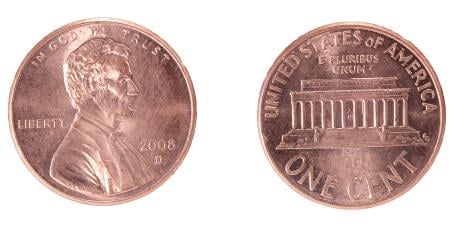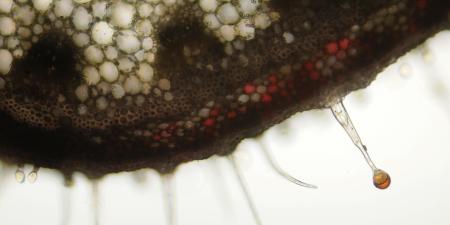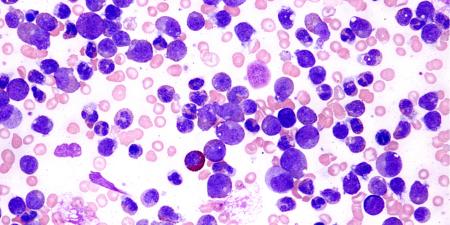Research Ethics
How do we respect the most universally recognized creed of the physician—first do no harm—when our ability to advance as a profession depends on at least some of our patients undergoing treatments that are not yet known to be efficacious and may in fact turn out to be quite harmful? How do we best regulate the design, operation, and reporting of clinical trials so that the ethical and professional demands of both science and medicine are satisfied? How do we define what constitutes "medical research" and how is the next generation of physicians, today's medical students and residents, educated to understand this process? How do we face the repercussions of a situation in which both patient and physician are willing to extend the accepted boundaries of medical care in pursuit of a second chance at life for the former? How do we sustain the integrity of the research relationship when vast sums of money are at stake? In short, how do we protect the patient when the patient is also a human research subject? These and other ethical questions are explored in this month's issue.
















